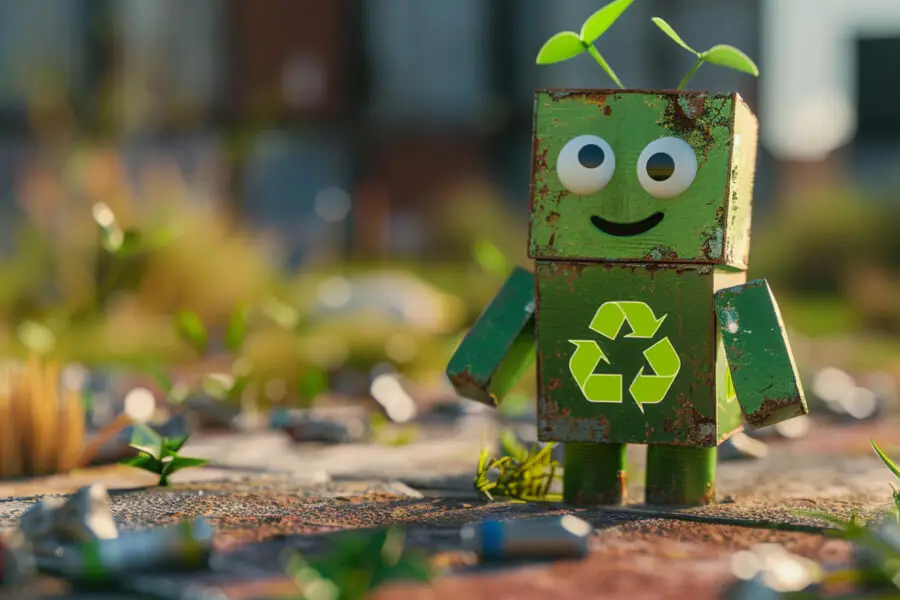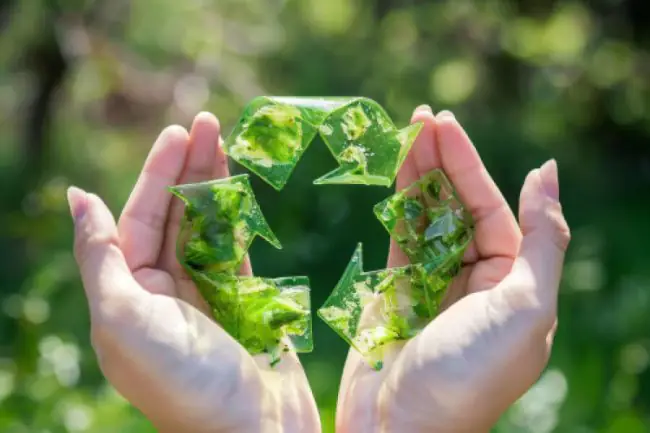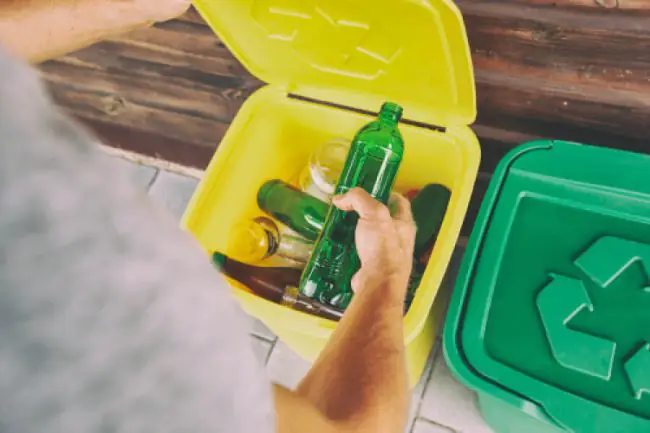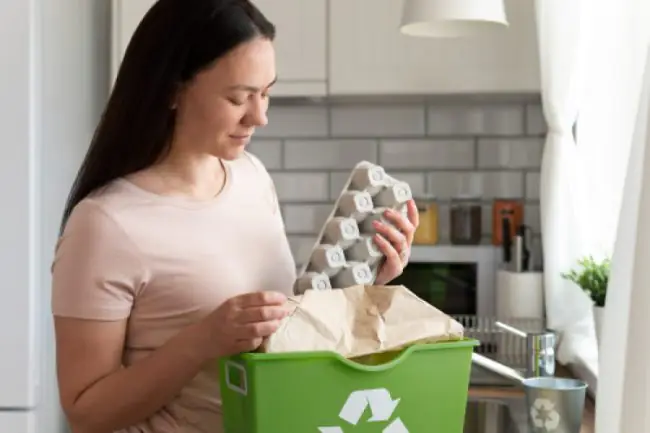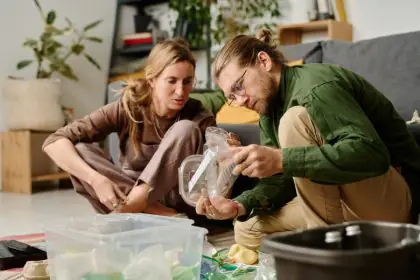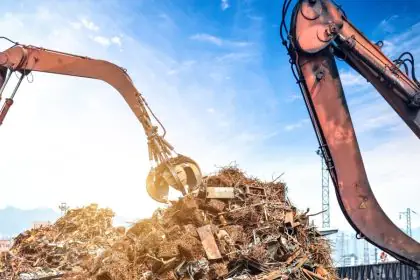Recycling is one of the simplest yet most impactful actions we can take to protect our planet. It’s all about giving new life to materials that might otherwise end up in landfills.
In this article, we’ll explore the many benefits, how it works, and what we can do to make it a bigger part of our lives.
Why Recycle?
It is more than just separating your plastics from your papers; it’s a way to care for our planet and make the most out of our resources. By doing recycle, we help preserve our environment, save money, and support our communities. Let’s take a closer look at the different benefits recycle brings.
Environmental Benefits
Conservation of Natural Resources
When we recycle, we reduce the need to extract new raw materials from the Earth. This means less mining, logging, and drilling, which helps preserve natural habitats and reduces our impact on wildlife. For example, recycling paper saves trees, and recycling metals like aluminum cuts down on the need for mining.
Reduction of Waste in Landfills
Every item we throw away takes up space in a landfill, and these landfills can quickly become overcrowded. It helps reduce the amount of waste we send to these sites, which decreases pollution and makes better use of our available space.
Energy Saving
Producing goods from recycled materials uses significantly less energy than making them from new, raw materials. For instance, recycling aluminum cans saves up to 95% of the energy required to make the same amount of aluminum from its raw form. Less energy use means fewer fossil fuels burned, leading to a smaller carbon footprint.
Reduction of Greenhouse Gas Emissions
By saving energy, it also helps to reduce greenhouse gas emissions. These gases, like carbon dioxide, are responsible for global warming and climate change. It helps keep the Earth cooler, which is crucial in our fight against climate change.
Economic Benefits
Doing recycle doesn’t just help the planet; it also boosts the economy. Here’s how:
Creating Jobs
The recycling industry provides many jobs in collecting, sorting, and processing materials. In fact, according to the National Recycling Coalition, doing recycle creates more jobs than landfill management or incineration.
Saving Money for Consumers and Businesses
Recycling can lead to cost savings for both households and companies. For instance, businesses that recycle can lower their waste disposal costs. Additionally, recycled materials are often cheaper than new materials, which can reduce manufacturing expenses.
Market Demand for Recycled Products
More and more companies are recognizing the benefits of using recycled materials. There is a growing market for products made from recycled goods, such as clothing, furniture, and packaging, which further drives economic activity and innovation.
Social Benefits
Community Engagement: Recycling can bring communities together around a common goal of sustainability. Community recycling programs often include educational campaigns that raise awareness about environmental issues and promote greener habits.
Improved Quality of Life: By reducing pollution and conserving resources, recycling contributes to cleaner air, water, and healthier living conditions. A cleaner environment supports better overall health and well-being.
Positive Impacts of Recycling
It has a range of positive impacts that extend beyond the obvious. Let’s look at some of the most significant:
Promoting a Circular Economy: Recycling supports the concept of a circular economy, where resources are reused and recycled continuously, minimizing waste. This contrasts with a traditional linear economy, where items are made, used, and discarded.
Encouraging Sustainable Innovation: As the demand for recycled products grows, so does innovation in recycling technologies and sustainable practices. Companies are finding new ways to create sustainable products, and this push toward innovation benefits everyone.
How Recycling Works
It involves several key stages, each playing an important role in turning waste into new products:
Collection Phase: This is the first step, where recyclable materials are collected from homes, businesses, and public spaces. It involves curbside pickup, drop-off centers, and deposit or refund programs.
Sorting and Processing Phase: Once collected, materials are taken to a recycling facility where they are sorted by type — glass, plastic, metal, and paper. The materials are then cleaned, processed, and transformed into raw forms that manufacturers can use.
Manufacturing Phase: Recycled materials are used to create new products. For example, recycled plastics can become park benches, recycled paper can become new books, and recycled metals can be turned into new cans or car parts.
Market Demand for Recycled Products: The demand for recycled materials is growing. Consumers and businesses are more aware than ever of the need for sustainable choices, driving up demand for recycled goods.
What are some difficulties with recycling?
While it has many benefits, there are also some challenges to consider:
Contamination of Recyclables: One of the biggest obstacles to effective recycling is contamination. When non-recyclable items are mixed with recyclables, they can spoil entire batches. For example, food residue on a pizza box can make it unrecyclable.
Lack of Infrastructure: In some areas, there isn’t enough infrastructure to support effective recycling programs. This can be due to a lack of funding, facilities, or transportation options.
Consumer Education and Awareness: Not everyone understands the importance of recycling or knows how to do it correctly. Improving education and awareness can help reduce contamination and increase its recycle rates.
Potential Solutions and Innovations
Technology Advancements in Recycling: Advances in technology are making recycling more efficient and effective. For example, new machines can sort materials more accurately, and innovative processes are turning previously unrecyclable materials into reusable ones.
Government Policies and Incentives: Governments can help by creating policies and incentives that encourage recycling. This could include tax breaks for companies that use recycled materials or laws requiring recycling in certain areas.
Collaboration between Industries and Government: By working together, businesses, governments, and non-profits can develop more comprehensive programs and address the challenges that exist.
Recycling in Everyday Life
Here are some practical tips to help you recycle effectively at home:
- Separate Materials Correctly: Make sure to sort your waste properly — separate plastics, paper, glass, and metals, and keep them clean.
- Participate in Community Programs: Get involved in your local recycling programs and learn about what materials they accept.
- Recycling Programs in Communities: Many communities have specific programs that make recycle easier. Check with your local authorities to see what programs are available.
Benefits of Recycling for Businesses
Businesses can also benefit greatly from doing recycle by reducing waste, saving costs, and promoting their commitment to sustainability. This not only helps the environment but also enhances their brand image.
Future Outlook of Recycling
The future looks promising, especially with the shift toward a circular economy and sustainable waste management strategies. Innovations in doing recycle practices, such as biodegradable plastics and advanced sorting technologies, are paving the way for a more sustainable future.
Conclusion
Recycling is an essential part of our journey towards a more sustainable future. By understanding its benefits and embracing reusing in our daily lives, we can contribute to a healthier planet and a better quality of life for everyone. Remember, every small action counts — start to do recycle today!
FAQs
How does recycling contribute to sustainability?
It reduces waste, conserves natural resources, saves energy, and cuts down on greenhouse gas emissions, all of which are key to a sustainable future.
Why is recycling essential for a sustainable future?
It helps reduce our reliance on finite resources, minimizes environmental impact, and supports a circular economy.
Why is a sustainable future important?
A sustainable future ensures that we meet our current needs without compromising the ability of future generations to meet theirs.

